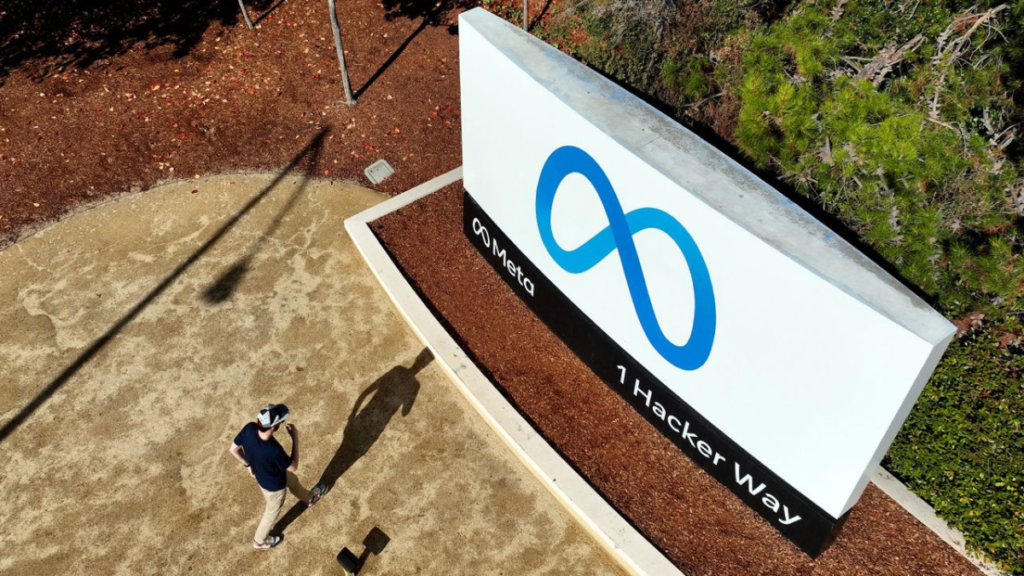A federal judge has allowed the Federal Trade Commission (FTC) to propose stringent new rules on Meta’s use of personal data, particularly targeting users under 18. District Judge Timothy Kelly’s decision not to block the expansion of a $5 billion privacy settlement with Meta sets the stage for potential limitations on Meta’s ability to monetize user data, particularly targeting users under 18. The proposed restrictions go beyond monetary penalties, imposing substantial limitations on Meta’s operations since the resolution of the federal probe. The FTC’s suggested rules also include the use of facial recognition technology by Meta and propose a temporary halt to the rollout of new products or services until third-party audits verify compliance with privacy obligations outlined in the settlement. Meta has expressed its intent to appeal Judge Kelly’s decision to the US Court of Appeals for the DC Circuit, stating that it does not address the substance of the FTC’s allegations, which Meta considers without merit. The timing for the finalization of proposed rules remains uncertain but could potentially occur in the spring of 2024.
The Decision and Its Implications:
Judge Kelly’s decision, announced on Monday, empowers the FTC to move forward with a proposal that could prohibit Meta from profiting off data collected from users under the age of 18. If approved, this restriction has the potential to significantly impact Meta’s data-driven business strategy, especially as it endeavors to attract younger users and expand into emerging product areas like virtual reality.
Background and Context:
The roots of this legal battle trace back to the FTC’s landmark $5 billion privacy settlement with Meta, resolving the fallout from the Cambridge Analytica privacy fiasco in 2020. The proposed restrictions go beyond monetary penalties, seeking to impose some of the most substantial limitations on Meta’s operations since the resolution of the federal probe.
The FTC’s suggested rules also encompass the use of facial recognition technology by Meta and propose a temporary halt to the rollout of new products or services until third-party audits verify compliance with privacy obligations outlined in the settlement. These measures signify a determined effort by the FTC to hold Meta accountable for its data practices and protect users’ privacy rights.
Contrasting Legislative Efforts:
The proposed restrictions on Meta stand in stark contrast to the protracted debates in Congress, where lawmakers have struggled to pass legislation addressing allegations of harm to the mental health and privacy of teens using Meta’s platforms. Multiple whistleblowers have emerged, accusing Meta of being aware of the potential harm its apps could inflict on users. Several states have filed lawsuits against the company, asserting that Meta has not done enough to safeguard users. In response, Meta contends that it has invested significantly in user well-being and offers tools for parents and teens to manage their experiences with its products.
Meta’s Response and Legal Challenges:
Unsurprisingly, Meta has expressed its intent to appeal Judge Kelly’s decision to the US Court of Appeals for the DC Circuit. In a statement, a Meta spokesperson dismissed the ruling, stating that it does not address the substance of the FTC’s allegations, which Meta considers without merit. The company maintains that it has invested $5 billion since 2019 in a robust privacy program embedded into its products.
Previously, Meta labeled the FTC’s proposal as a “political stunt,” alleging bias against the company while allowing Chinese counterparts like TikTok to operate freely in the United States. The company’s resistance to the proposed restrictions indicates a potential prolonged legal battle ahead.
Next Steps and Industry Analysis:
In light of Judge Kelly’s decision, Meta is faced with the impending deadline of December 11 to respond to the FTC’s proposal for expanding the settlement. The ruling emphasizes that the FTC retains the authority to reopen and amend the order affecting Meta without prior court approval. Industry analysts, such as Paul Gallant from TD Cowen, believe that the decision is likely to be sustained despite Meta’s appeal. The timing for the finalization of proposed rules remains uncertain but could potentially occur in the spring of 2024.
Conclusion:
As the legal saga between Meta and the FTC unfolds, the potential for tougher restrictions on Meta’s use of personal data looms large. The outcome of this battle holds implications not only for Meta’s business strategy but also for the broader debate surrounding privacy and user protection in the digital age. As the FTC aims to assert its authority over data practices, the tech industry watches closely, anticipating potential shifts in regulatory landscapes and privacy standards.







